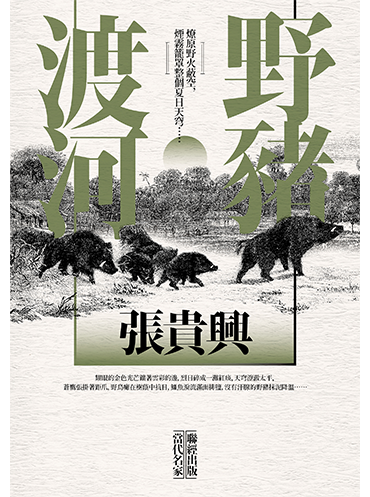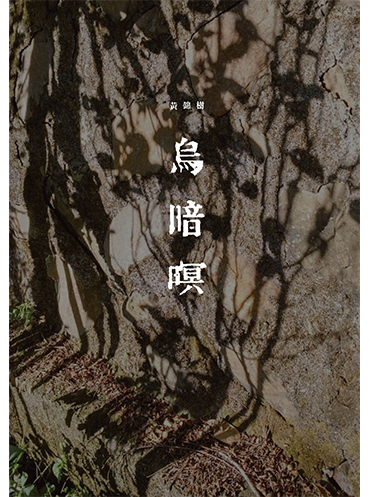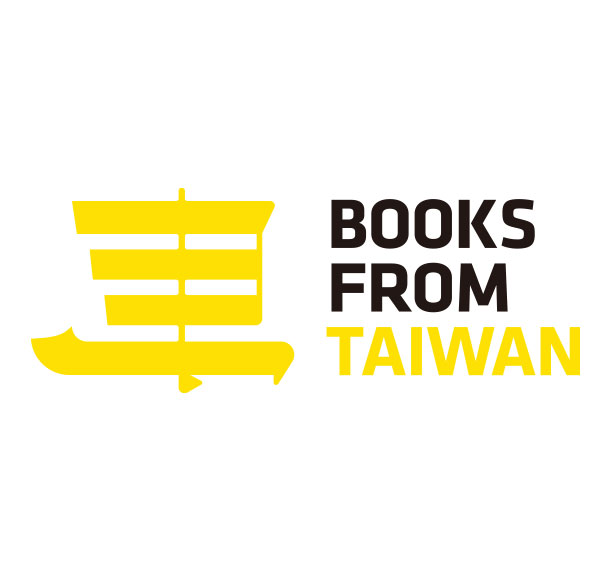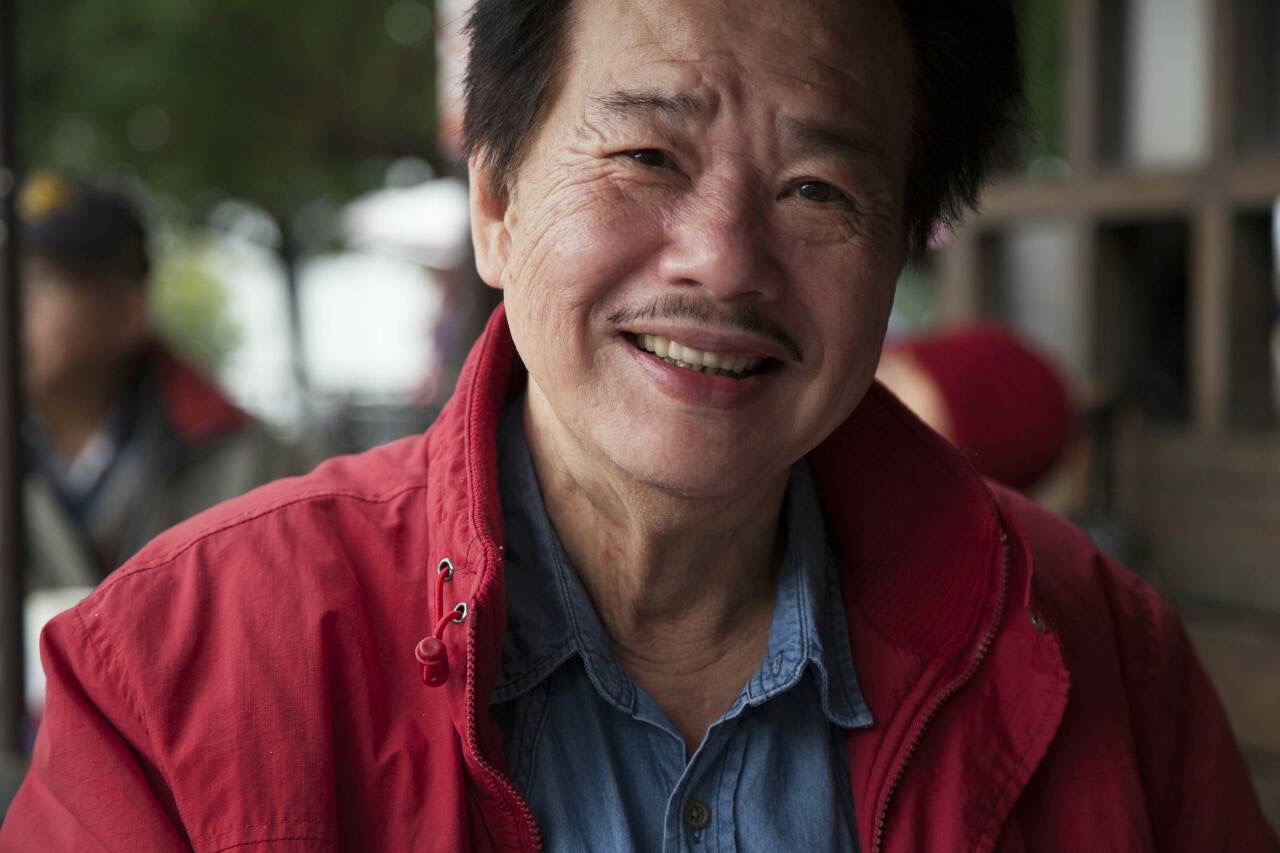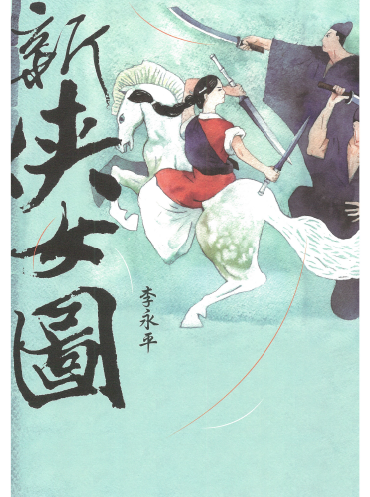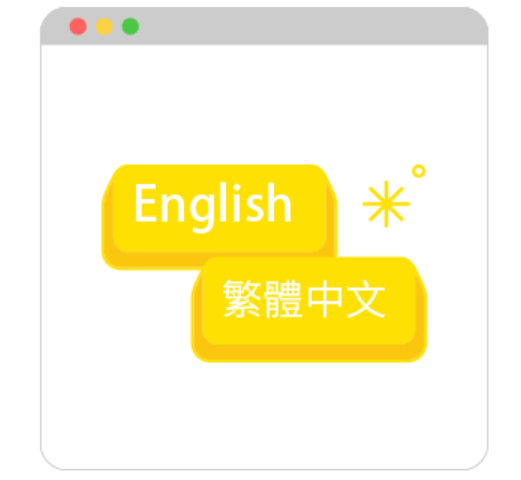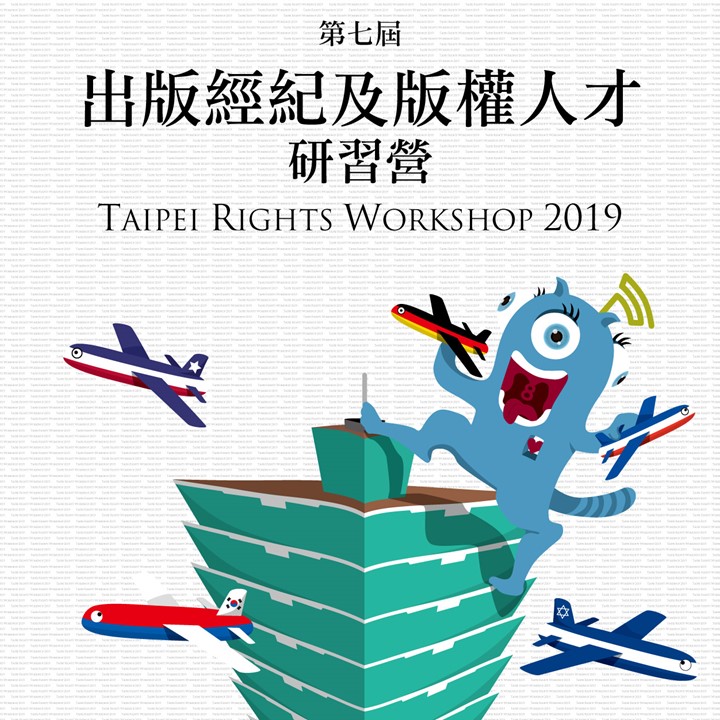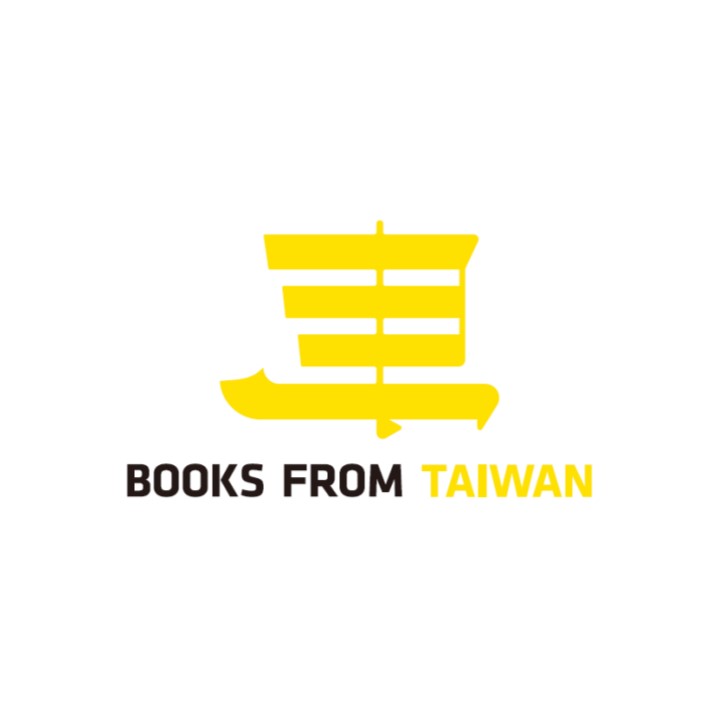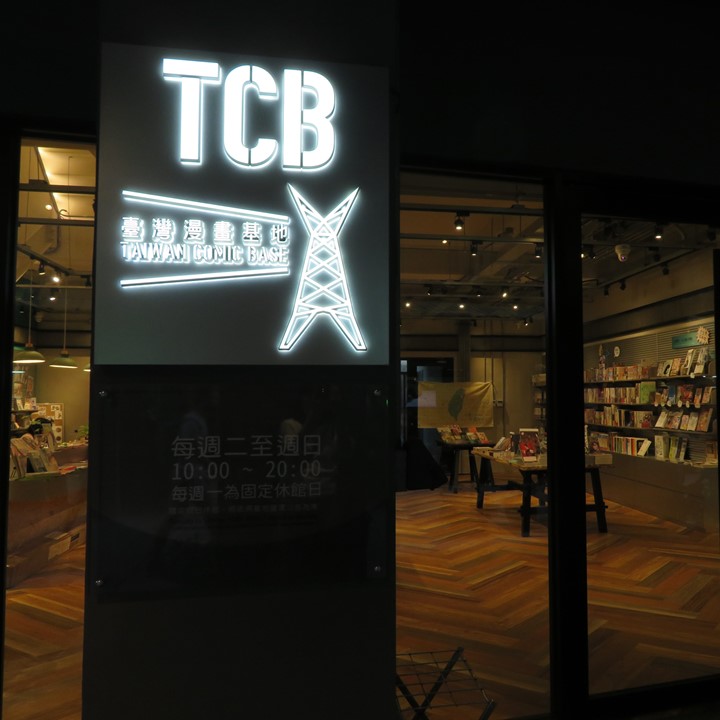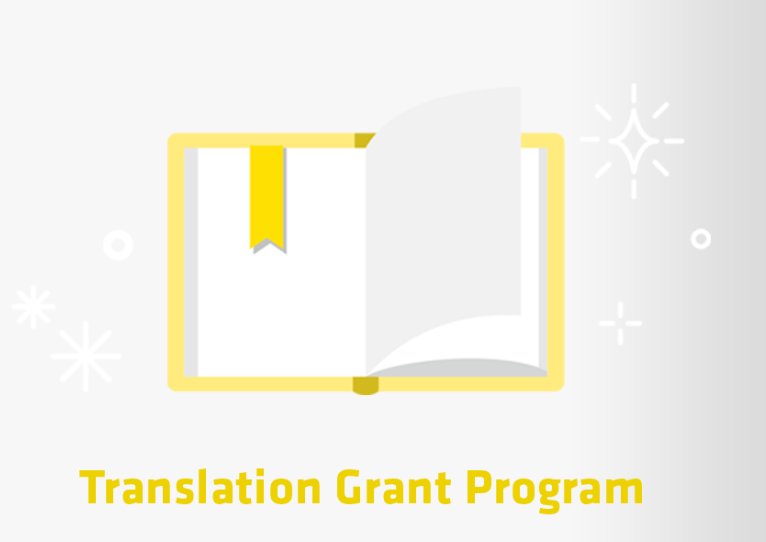For those of you who are tasked with promoting literature from Taiwan, you might be familiar with these questions from international publishers:
“Could you tell me about Taiwanese literature?”
“What are people reading in Taiwan?”
“What kind of books are published in Taiwan?”
Before answering, it may be best to start with a brief overview about Taiwan. This might seem obvious, but it’s not one of the most well-known countries, and many people outside our neighbouring countries are often unfamiliar with it.
We are a country of 23.5 million people. The official language is Mandarin Chinese, and we write using Traditional Chinese characters (Mainland China uses Simplified Chinese, but HK and Macau also use Traditional Chinese). The island is dense with nature; indeed, mountains and forests make up around 55% of the land.
There are around 4,940 publishing houses in Taiwan, and 35,000-40,000 new titles are published each year, one quarter of which are translations. Translations are most commonly licensed from Japan (55.4%), USA (22.1%), United Kingdom (7.2%) and South Korea (5.1%). The bestseller in 2018 was Origin by Dan Brown.[1]
Here are the genre breakdowns on books published and top-sellers:
Top 5 genres published [ranked by number of books published]:
- Humanities: 12.62%
- Social studies: 11.06%
- Fiction: 10.71%
- Children’s Books: 9.68%
- Arts: 7.18% [2]
Top 5 best-selling genres [ranked by NT$ sales]:
- Children’s books and YA: 17.2%
- Business and finance: 8.7%
- Self-help: 8.6%
- Humanities: 8.1%
- Language learning: 7.8%[3]
The density of publishers is high. One reason for this is that we have many small publishing houses that are 1-2 people operations. Only a small percentage of publishers are corporate scaled companies. The same could be said about most other industries in Taiwan; our businesses are made up of small and medium enterprises.
There are over 2000 book stores across the country. The biggest physical book store chains are Kingstone (金石堂) and Eslite (誠品). Eslite operates similarly to commercial department stores, in that it offers a wide selection of lifestyle concession brands, food courts, as well as books. The way they differentiate themselves is by utilising their cultural knowledge to curate shopping experiences that are distinguished and which appeal to a new group of discerning consumers. Aside from their operations in Taiwan, they have expanded into HK, Suzhou, and Shenzhen. In September 2019 they launched a new store in Tokyo. These expansions could be viewed as markers of their success and as evidence of the strength of their brand image.
When it comes to online retailing, the key player is Books.com (博客來). It has a similar business model to Amazon, and is a part of the Uni-President conglomerate (統一集團). It takes advantage of the group’s highly developed logistics, and offers the delivery of books (and other goods) to your local convenience stores for pick-up and payment upon collection.
Indie booksellers in Taiwan tend to focus on their niche for a more specific target audience, for example photography books, foreign picture books, books about Taiwan and the ocean, etc. They tend to be keen event organisers for book launches or readings, attracting more dedicated readers and paying attention to building their own communities.
Most readers still read more physical books than e-books. Even though the usage of digital devices is common, there is no dominant e-reader in the market in the same way Kindle has penetrated in Europe & North America. One issue preventing e-reader adoption is that many bestseller translation titles are not available as e-books, making it harder to persuade readers to give up their physical books.
The annual production value of the publishing industry in Taiwan is around USD $795 million. The average book price is around USD $14 per book, and the average amount of money spent on books per year is around USD $37 per capita.[4] That means each person buys on average just 2.5 books per year, a number that could be significantly improved. In terms of how best to cultivate regular book-buying and long-term reading habits, there are ongoing discussions and debates. It is worth noting that currently there is no fixed book price in Taiwan.
Publishers have been keener to cultivate new local talents, and this trend can be seen across all genres. The Illustrator’s Exhibition at Bologna Book Fair, where images can speak as loudly as words, has frequently featured Taiwanese illustrators. This has been a strong area for foreign edition sales as well as for direct collaborations between illustrators and international publishers. Page Tsou’s (鄒駿昇) publication with Templar, along with Chunlun Lee’s (李瑾倫) picture books with Walker are some recent examples.
The foreign rights sales to other countries have been steadily increasing too, these include licensing to China 82.7%, South Korea 6.5%, Malaysia 4.1%, Thailand 2.5% and Japan 2.1%.[5] The majority of the trade is still with China, where translation is not an issue. However, the current support scheme to make sample translations more available has already made an impact on foreign language sales and helped in broadcasting Taiwanese literature abroad.
At Guadalajara Book Fair, the Taiwan pavilion makes a deliberate decision to showcase picture and illustrated books. So, when I am asked about notable Taiwanese authors or illustrators, Jimmy Liao (幾米) and Chih-Yuan Chen (陳致元) immediately come to mind. More than 20 Jimmy Liao books have been translated into Spanish, whilst Guji Guji by Chih-Yuan Chen has been a classic backlist in translated editions for many years.
Taiwan has many authors well-known for their literary fiction. Sanmao (三毛), who was a translator and a writer, is most famous for her travel writing and reflective novels. Pai Hsien-yung’s (白先勇) Crystal Boys (1983) is notable as one of the classic LGBT novels. Li Ang (李昂) continues to be an important voice, and her novels still bring forth discussions on gender roles in our society. Huang Chun-ming (黃春明), one of the most important writers of country realism (鄉土文學), has depicted the way individuals maintain their dignity despite the harsh living conditions during Taiwan’s intense industrialization period. Qiu Miaojin’s (邱妙津) Notes of a Crocodile continues to have a profound impact on LGBT literature in the Chinese language world. Wu Ming-yi (吳明益) is probably the most well-known Taiwanese author internationally today. His environmental novel The Man with Compound Eyes has been published in multiple languages including in English. In The Stolen Bicycle, Wu takes the readers on a trip down the narrator’s unusual memory lane to discover the hidden history of Taiwan’s bicycle industry. This novel garnered considerable publicity and was longlisted for the Man Booker International Prize in 2018, becoming the first Taiwanese novel to be included in the award.
Taipei International Book Exhibition takes place during the Lunar New Year holidays in February each year. The book fair is becoming a strong hybrid festival, somewhere for readers to see local/international authors and to buy books, as well as a place for professionals to conduct business meetings. Elsewhere, Wordwave festival (華文朗讀節) is in its 7th year. This annual 3-4 day event invites authors and publishers to give readings to connect with readers of all ages.
Lastly, I wanted briefly to mention social media and professional book review sites. OpenBook is one of the more established online platforms for professional book reviews. Okapi is another book review platform and is part of Books.com. Eslite prints a free monthly magazine, On the Desk (提案), in which they publish author interviews, articles on special topics, as well as coverage on new publications in Chinese and English language; the content is also available on their website.
Aside from large platforms, personal blogs can be good sources of book reviews if you search by book title or by author. Youtube or Facebook influencers who specialize in book reviews can provide strong indications on books that are trending in the market. Non-fiction and children’s books tend to be featured the most on these channels.
The summaries above are a combination of statistics from the Ministry of Culture in Taiwan, my personal observations, and informal questionnaires and exchanges with other industry colleagues. Taiwan’s publishing industry is vibrant, energetic and multicultural, but it would benefit variously from a little streamlining, from the regular gathering of accurate statistics, and from the centralization of information for professionals. In recent years, there have been different challenges facing the industry, but the passion of the professionals who work in publishing is clearly undiminished, and this means it remains an incredibly exciting part of Taiwan’s culture and economy.
[1] Sources: National Central Library, Ministry of Culture, Directorate-General of Budget,
Accounting and Statistics, Executive Yuan, World Economic Forum (2018)
[2] As above
[3] Sources: National Central Library, Ministry of Culture, Directorate-General of Budget,
Accounting and Statistics, Executive Yuan, World Economic Forum (2018)
[4] Sources: National Central Library, Ministry of Culture, Directorate-General of Budget,
Accounting and Statistics, Executive Yuan, World Economic Forum (2018)
[5] Sources: 106 年臺灣出版產業調查暨 107 年閱讀與消費趨勢分析, Ministry of Culture
